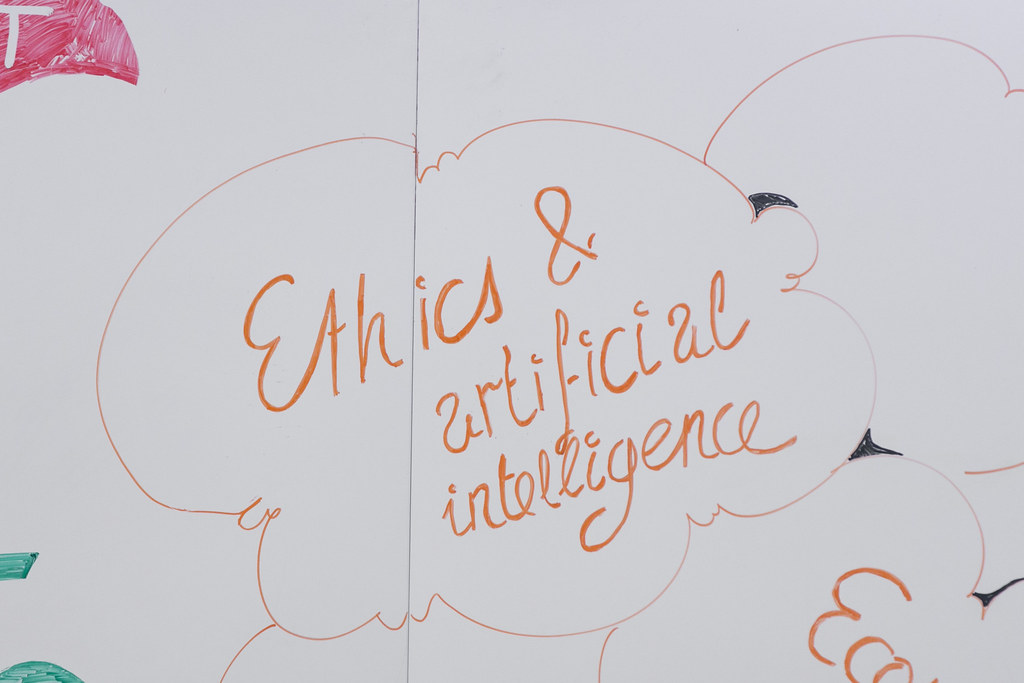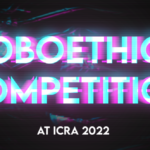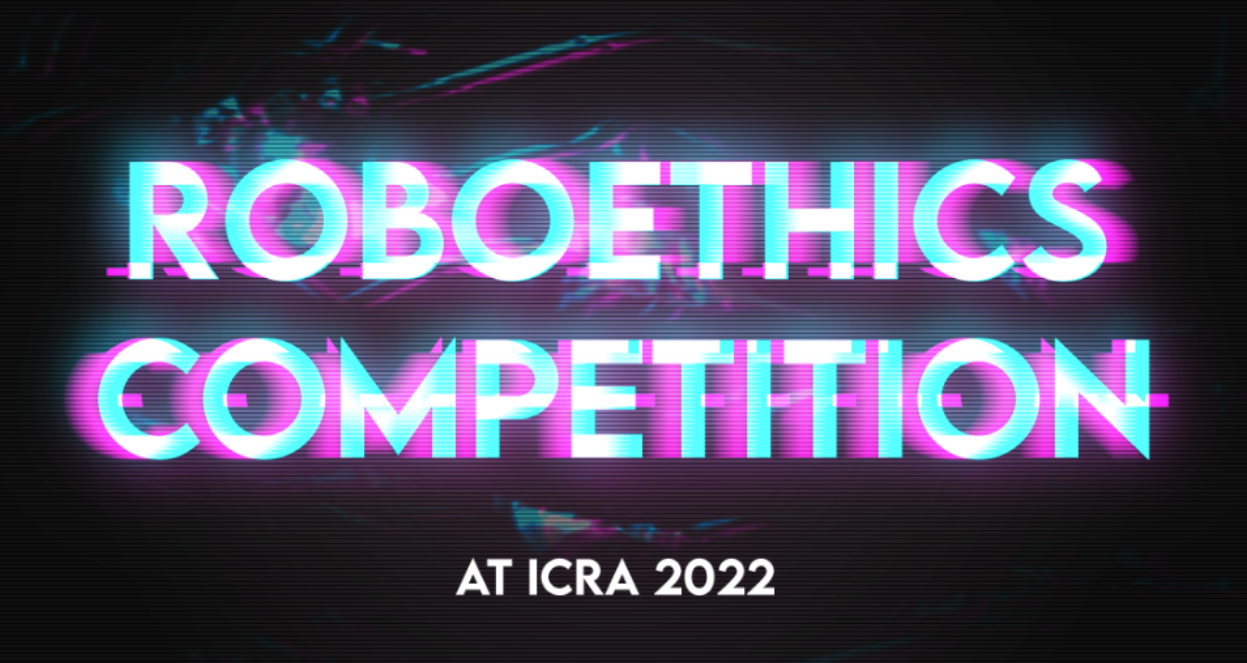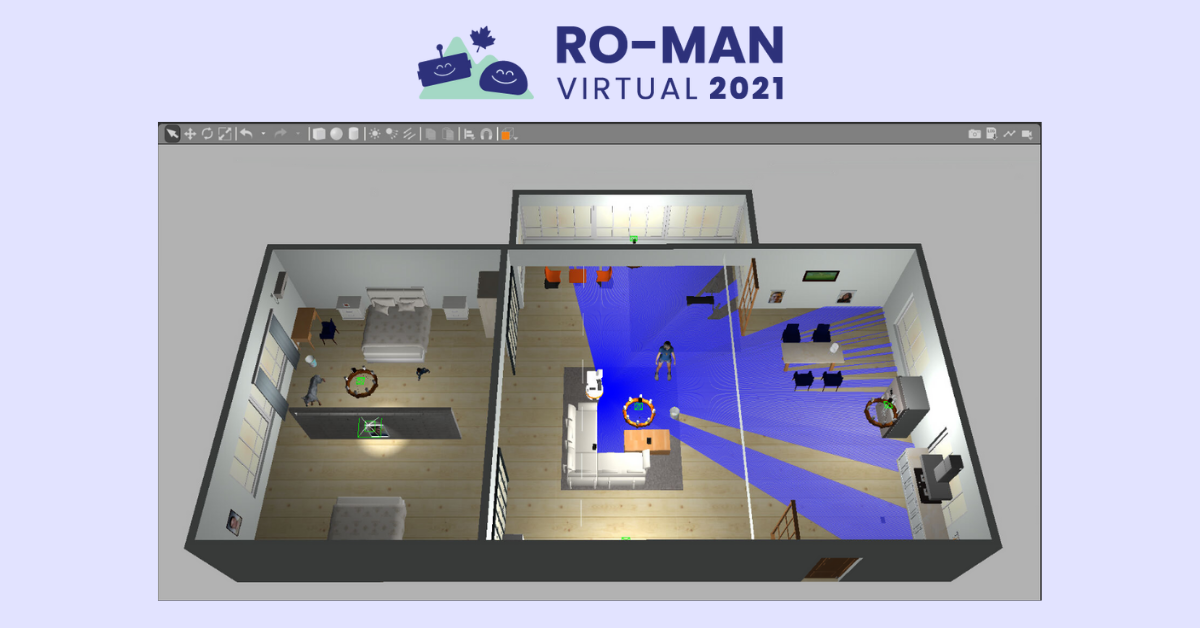2022 ORI Learning Hubs: Filling the Gap in Undergraduate AI Ethics Discourse
As students, we’re surrounded by the ever-growing use of technology. From social media platforms to the digitization of healthcare, we are constantly seeing the adoption of AI, without fully knowing or understanding how they impact our lives. AI has always seemed like an impenetrable field that only highly experienced industry workers and scholars can participate in.
In 2021, ORI launched a pilot program, the ORI learning hubs. We embarked on a mission to engage with undergraduate students in creating an environment to learn and discuss about a variety of interdisciplinary topics regarding AI and robot ethics. In this article, we summarize our experiences and learnings from running two sessions of ORI Learning Hubs in the past academic year.
Why did we create ORI Learning Hubs?
The fields of AI ethics, roboethics, and technology policy have experienced a surge in both academic and public discourse on the ethical implications of AI technologies in the past few years. The democratization of AI ethics discussions is a welcome development, as it can empower more individuals to voice their concerns, and enable more interdisciplinary collaboration.
While universities, research labs, and AI organizations have begun to offer more graduate courses and reading groups regarding AI ethics and related topics, most of these opportunities are catered towards grad students and professionals.
As many of our Learning Hubs participants expressed, it is difficult for undergraduates interested in these fields to find beginner-friendly spaces. Some students in technical degrees also mentioned the lack of relevant ethics education in their coursework.
To fill this gap, ORI organized the ORI Learning Hubs, a semester-long, introductory AI ethics reading group with bi-weekly meetings on Zoom.
The student leaders’ perspective
Bringing together folks with different perspectives on and levels experience with AI ethics prompted us to have much more engaging debates or “hot takes”. We also saw participants volunteer to lead their own sessions on topics that they were particularly interested or had experience in. One week, two participants who study computer science and cognitive science respectively, co-facilitated discussions on the tradeoff between the carbon footprint of AI models and the benefits of AI in fighting climate change. The facilitators brought diverse perspectives on this complex issue, challenging us to consider the practical feasibility of engineering solutions, as well as moral questions such as, “Should AI even be involved in a problem that it contributes to?”
Our experiences facilitating the ORI Learning Hubs revealed an enthusiastic and genuine interest in having accessible spaces to discuss AI ethics among undergraduate students. As students ourselves—with Cheng studying electrical engineering and Vivian studying public health—we were keen to discuss these topics with our peers in programs so different from our own.
Cheng Lin and Vivian Qiang
Looking forward
Overall, the first year of the ORI Learning Hubs successfully engaged undergraduates at McGill and Waterloo interested in AI ethics topics. The high levels of engagement with the Hubs makes us very excited for the growth and development of this initiative. We’re incredibly grateful to have this opportunity to learn alongside our fellow students.
This summer, we hope to expand the ORI Learning Hubs to other Canadian universities. If you are a professor who would like to see this initiative at your university, or a student who would like to lead your own Hub, please reach out to Shalaleh Rismani at shalaleh@openroboethics.org.
You may also independently participate in the ORI Learning Hubs by checking out our facilitation guides which are available here. You will find our bi-weekly topics, readings, and guiding questions. Please don’t hesitate to reach out with any suggestions or questions!





